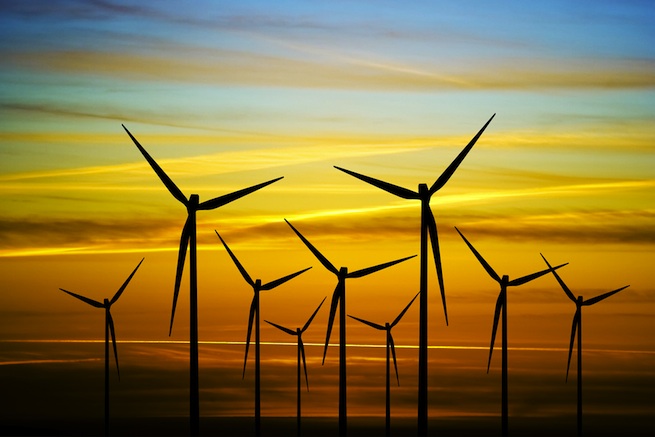Three years ago, Danielle Fong, a PhD student at Princeton, hit on an idea for a better way to store clean energy.
Today, her clean-tech company LightSail has earned some heavyweight support from both venture capital firms and angel investors, including Microsoft co-founder Bill Gates.
The startup pulled in $37.3 million to deliver a better system to store energy generated through the wind and the sun. Holding energy for commercial use has been tricky — makeshift solutions include electrochemical batteries, mechanical devices, and liquefied air.
AI Weekly
The must-read newsletter for AI and Big Data industry written by Khari Johnson, Kyle Wiggers, and Seth Colaner.
Included with VentureBeat Insider and VentureBeat VIP memberships.
“The overall problem of how to store large amounts of energy is one we’ve been working on for a century without a lot of success,” co-founder and CEO Steve Crane told the Wall Street Journal.
“Since there is little capacity to store energy, green power is sold when available, instead of at the highest price,” the company’s website explains. To simplify the problem, the founders use the example of a “hot day in Texas.” Electricity prices typically sour — but what about green power? If solar farms could store energy cheaply, they could deliver it when needed.
The method that was dreamed up by Fong, LightSail’s young co-founder (she subsequently dropped out of her PhD program, which she enrolled in at the age of 17) involves a combination of water and compressed air. The technique is known as “isothermal compression.” To test the idea, the founders built a system that stores and releases energy by compressing and expanding air in an old warehouse in Oakland.
Competitors include General Compression and SustainX, which are working on a similar technology and have pulled in government funding.
The challenge for all these companies will be to overcome investors’ reluctance to fund clean-tech startups. Return on investment (ROI) is choppy, if not a complete disaster. Many investors will point to solar company Solyndra, which raised close to $1 billion before declaring bankruptcy, as an example of what the clean tech sector can do to good money. Tax payer losses on that investment may be as high as $849 million. Last month, high-tech battery-maker A123 Systems, which under the Obama administration received almost $250 million in federal energy grants (note: it drew down $132 million of that grant), followed Solyndra into bankruptcy.
Investors include Bill Gates and Peter Thiel, the co-founder of PayPal, as well as Khosla Ventures. The three-year-old company has raised a total of $52.3 million in funding.
VentureBeat's mission is to be a digital town square for technical decision-makers to gain knowledge about transformative enterprise technology and transact. Learn More
